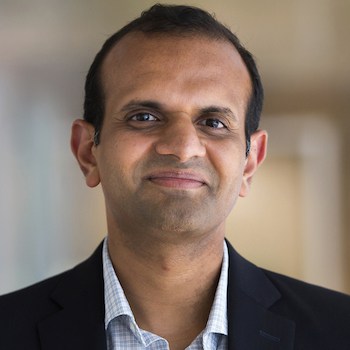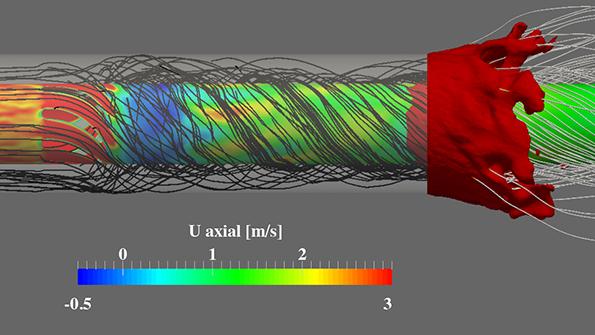Written by Venkat Raman
Computational modeling (CM) has certainly transformed aircraft design by providing optimized configurations while reducing the need for costly testing. However, to keep pace with future aerospace technologies and businesses, CM needs to evolve and improve.
For example, the proliferation of drones and the promise of personal aerial vehicles will require the integration of huge amounts of information—sensor, weather, satellite, and air traffic data—in minutes or even in real time. On the design side, engineers will have access to augmented and virtual reality design tools that can provide immediate insights on changes to airplane and other flight vehicle component designs.
In both instances, computational results may have to be calculated without access to high-performance supercomputers.
According to University of Michigan Aerospace Engineering Professor Venkat Raman CM researchers need to develop new data-based modeling tools that take advantage of new high-performance computing hardware. Raman is familiar with supercomputing technology advances through his use of high-performance computers and numerical simulations to advance propulsion and energy conversion technology.
Raman outlines the need for more advanced modeling and simulation techniques in an August 11, 2021 op-ed piece published in Aviation Week.


